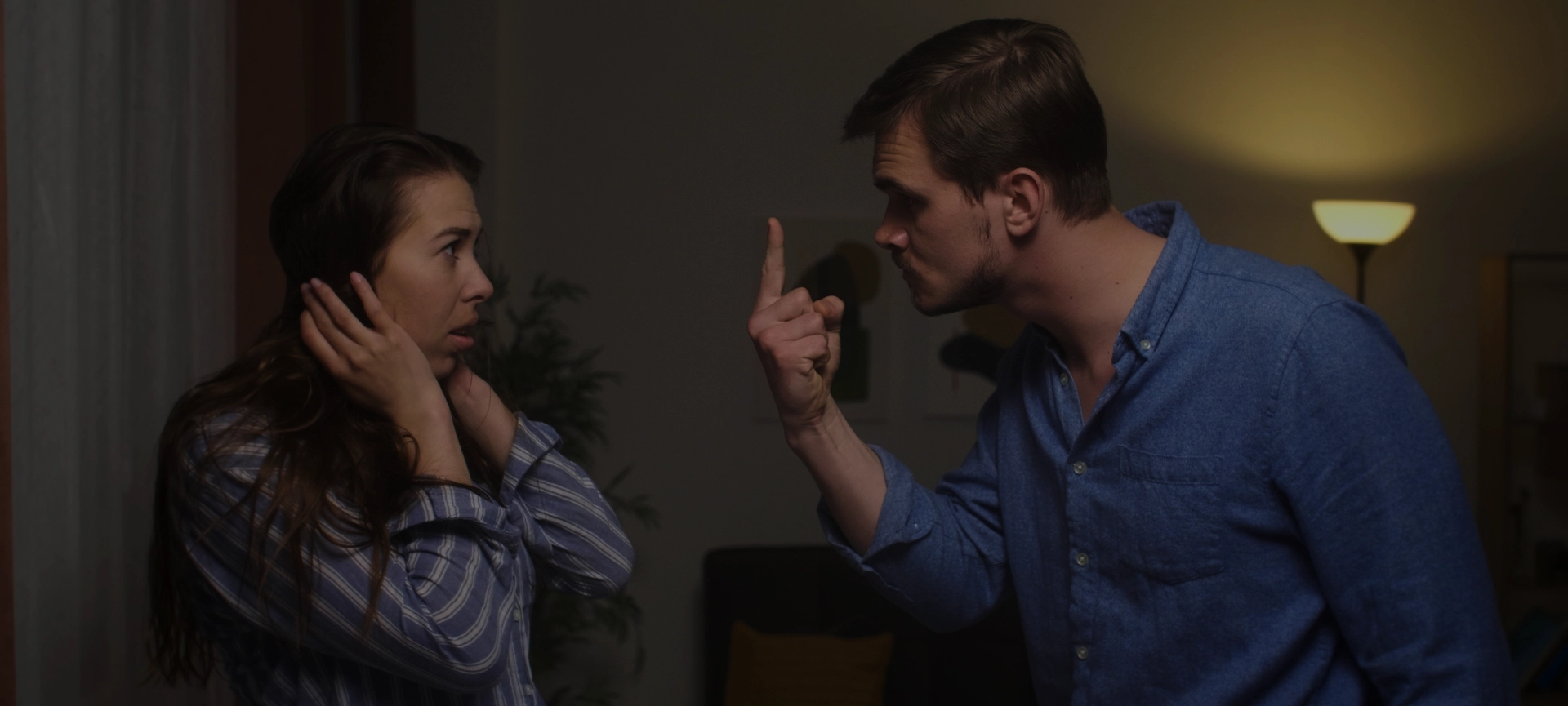The irrationality of the Liberal government’s legislation to legalize marijuana was brought into sharp focus last week as bill C-45 made its way through the health committee (check out my testimony here).
The problem is obvious — the war on drugs has been an abject failure.
Criminalization of marijuana abdicates control over the production, distribution and regulation of cannabis to criminal organizations. Yes, your dealer may be a middle-class, suburban stay-at-home dad, but as a criminal lawyer, I have seen the bloodshed brought about by illegal weed. The bottom line is that the criminalization of marijuana kills.
But this is not all it does. The criminalization of marijuana is a drain on court resources and diverts law enforcement resources away from truly harmful activities. The prosecution of marijuana offences unduly stigmatizes otherwise law-abiding citizens through the imposition of a criminal record.
But it gets worse. The criminalization of marijuana disproportionally impacts individuals who are young, marginalized, members of over-policed communities or are racialized. It is these groups that are more likely to be targeted and arrested by the police and prosecuted by the federal government’s lawyers. Most of the clients I have represented over the past decade charged with simple possession of marijuana have been poor, from a minority group or lived in an area with a heavy police presence.
In our drug laws are echoes of racism and bias.
Bill C-45 may be a grudging step in the right direction, but it is no cure to the ills inflicted through marijuana criminalization.
The bill is an unnecessarily complex piece of legislation that leaves intact the criminalization of marijuana in many circumstances.
An adult who possesses more than 30 grams of marijuana in public is a criminal. A youth who possesses more than five grams of marijuana is a criminal. An 18-year-old who passes a joint to his 17-year-old friend is a criminal. An adult who grows five marijuana plants or possesses a plant 101 centimetres tall is a criminal. And anyone who possesses non-government-approved marijuana is a criminal.
The reason put forward to justify the 100-cm plant height? It is ridiculous. Last week, the House of Commons committee studying the bill was told that plant height has nothing to do with yield or potency but with the fact that most fences are more than one meter high — the inference being that the legislation is designed to keep marijuana plants hidden behind fences. It almost make sense — let’s keep pot plants out of the view of kids — but the bill does not even require that people who grow marijuana plants have fences. So it all really makes no sense at all.
Oh, and edibles — one of the most popular and healthiest ways to consume cannabis — are still illegal.
So, even under the new law, marijuana will still be criminalized — only now the government’s vice squad will need to carry rulers and learn to divine the difference between identical-looking legal and elicit marijuana.
There will be little saving of policing or justice system resources — resources that could be better used on education, harm reduction, rehabilitation and treatment.
The government spins bill C-45 as being all about protecting the children. The best way to protect kids is through education — cigarette-smoking rates are not at all time low because of the Criminal Code.
But back to the illegal gummies. The advice from Colorado was that edibles must be strictly regulated, not driven into the black market. Kids like to eat gummies, but criminalization means that the government can’t insist on child-proof containers, re-sealable packaging and other measures to protect our children.
Why won’t someone think of the children?!?
Bill C-45 also continues to criminalize anyone under 18 who possess more than five grams of marijuana — an activity that will be perfectly legal for adults. Nowhere else in the Criminal Code is a youth criminalized for an act that is legal for an adult. The disproportionate criminalization of youth is simply counter-productive and an irrational criminal justice policy
But the government says that this asymmetrical criminalization is necessary to deter kids from sparking a joint and thinking that they were the first to discover Pink Floyd.
The drafters of the bill must have been high.
A century of failed drug policy has demonstrated that criminalization is a flawed and ineffective mechanism to discourage drug use. Simply put, there is no reason to believe that making it a criminal offence for youth to possess more than five grams of marijuana will deter anyone from possessing marijuana.
Oh, and don’t forget the racism. The distinction between legal and illicit marijuana and the asymmetrical criminalization of marijuana will only serve to perpetuate disproportionate enforcement of the law on the young, marginalized and racialized members of our society.
Nor does the new legislation take any steps to remove the stigma of past criminal records for possession of marijuana through automatic or expedited pardons. An 18-year-old first-time offender who is convicted of simple possession of marijuana the day before Bill C-45 comes into force will be required to wait five years before being eligible to apply for a record suspension.
Bill C-45 does not only fail to protect youth from the harms of marijuana and the effects of criminalization but it takes no steps to correct past harms.
This is what happens when the government is dragged kicking and screaming to follow through on political promises.
And make no mistake — the Liberals’ plan to legalize marijuana was a promise made for political not principled reasons. Remember, in 2009, Liberal MPs (including Justin Trudeau) voted for the then-Conservative government’s bill C-15, which would have imposed a minimum sentence for growing six pot plants. Bill C-15 passed the House, passed the Senate and was waiting for Royal assent when Parliament was prorogued in 2009 — in case anyone ever asks you to name one good thing about prorogation.
But, during the 2015 election, the Liberals were stuck in third place in the run-up to the election. A bold 360 on marijuana reform appealed to young progressive voters and was a convenient wedge to distinguish them from the front-running NDP’s proposed policy of immediate decriminalization and gradual legalization.
And then the Liberals won the election. And then they broke their promise to run only modest deficits, they broke a few tax promises and abandoned a clear pledge on electoral reform.
They had to keep their promise of legalizing marijuana. They did it grudgingly. To mute partisan attacks, they said it was all about protecting children.
Except it does not even do it that well.
And we got a mess.



